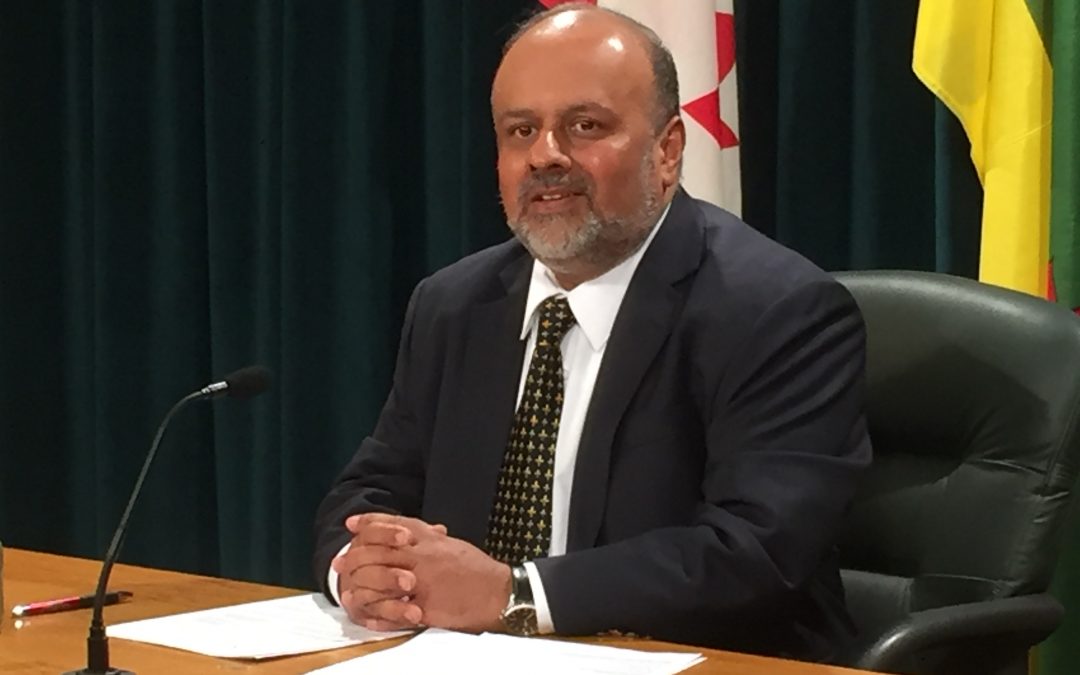It appears that indigenous Peoples and residents living in the Far North will have to wait for the arrival of the Moderna COVID-19 vaccination to get immunized.
Public health officials are expecting the Pfizer vaccine in the coming days and Moderna doses by the first quarter of 2021.
The issue with the Pfizer vaccination is that it must be stored at -70C. Sask. Ministry of Health has procured on ultra-low freezer. As well, it is unknown how the Pfizer vaccine can be handled and transported.
The Moderna vaccine on the other hand can be stored at -20C, which makes it easier to transport and store. The province has committed six freezers for this and approximately two dozen smaller freezers.
“The initial emphasis would be as vaccine supplies allow, especially vaccines that are minus 20, the Madonna vaccine. The far north will be a priority,” said Dr. Saqib Shahab, Sask. Chief Medical Officer of Health.
“I think there’s a specific prioritization, but for the far north, it may be at a lower age. We are in discussions that may be 50 and older for the far north Indigenous populations. And then as vaccines allow, there may be other sequencing as a priority for Indigenous populations in the north as well.”
The COVID-19 immunization plan released Wednesday would see the far north begin to receive vaccinations under Phase 1. The plan commits approximately 9000 doses to residents there under the age of 50.
“At this point in time, we cannot move the [Pfizer] vaccine once it’s been delivered to a specific location. So, it’s not that we can move it from the general to another clinic or long-term care facility, it needs to stay there,” explained Dr. Tania Diener, Sask. Health Authority Medical Health Officer for Immunization.
“For that reason, it’s not ideal to be used in a more remote location. So, I do agree that the Moderna one would be better for transportation to those communities.”
Shahab said both pharmaceutical vaccinations are 95 percent effective.
Last week the Federation of Sovereign Indigenous Nations invoked Treaty Rights to medicine in an attempt to prioritize Indigenous Peoples for the COVID-19 vaccination.
“Our First Nations people have an Inherent and Treaty Right to Health and with the Medicine Chest Clause, this means First Nations people are expecting the COVID-19 vaccines to be readily available in our communities once they’re shipped out,” said Chief Bobby Cameron. “The Prime Minister said no relationship is more important than the one with First Nations people, but we are not included in their discussions with the Province about who is prioritized and most vulnerable. Being excluded from these life altering discussions shows that First Nations are not a priority for either government.”
(Photo: Dr. Saqib Shahab. By Dan Jones)
